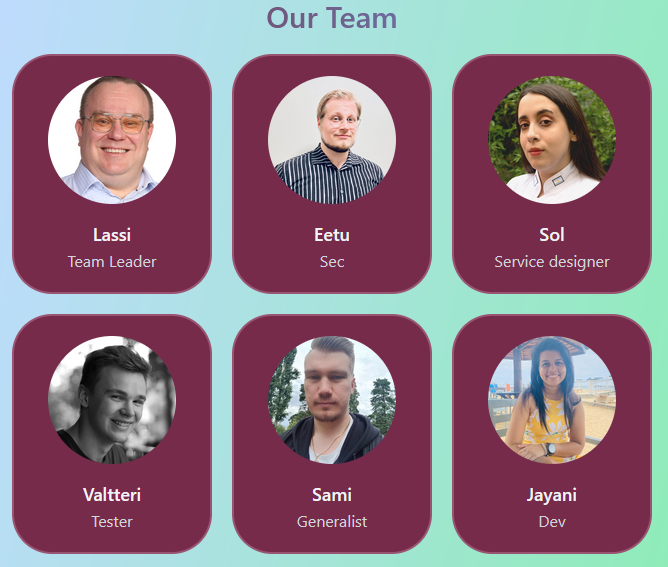LinearB - eCommerce Server Platform V1.0 with PrestaShop
Welcome to team LinearB project pages!
Important links about us
- Here you can find our Team Introduction
- Our current project plan for eCommerce Server Platform V1.0 with PrestaShop
- Current status
Project End Report (Summary)
1. Introduction
This report summarizes the eCommerce Server Platform V1.0 project developed by students at JAMK University of Applied Sciences. The goal was to build a PrestaShop-based eCommerce platform on a cPouta server with focus on secure access, scalability, and usability. The project involved full lifecycle planning, development, testing, and deployment phases.
The full Project End Report.
2. Task, Objective & Realization
The project was structured around defined Gates:
- Gate 0: Team formation and project setup. Initial challenges included lack of time for team-building and information overload.
- Gate 1: Structured planning and offer preparation. Key documents (specs, plans, proposal) were produced and approved.
- Gate 2: Transition to development. Roles solidified; PrestaShop deployed; testing, security, and bug tracking initiated.
- Gate 3: Demo Day preparations. A working prototype was created and demo materials (live + video) were produced.
- Gate 4: Final release. Final testing and documentation completed, and the platform was deployed. Feedback pending at the time of report submission.
2.2. Project Success
The team adapted the plan as needed, especially to accommodate steep learning curves in testing and DevOps. Time was used efficiently overall. External resources such as mentors and documentation were moderately used. Deliverables align with the project goals.
3. Problems and Solutions
Key challenges included: - Misalignment and confusion at the start due to overwhelming material (solved via discussion and clarification). - Learning new tools (e.g., Robot Framework, Docker, PrestaShop) slowed development but fostered deep learning. - Agile process onboarding took time, but daily scrums and retrospectives helped build momentum.
4. Summary
4.1 Key Lessons
- Daily Scrums improved communication and accountability.
- Retrospectives provided space for improvement and team reflection.
- GitLab issue boards and an open discussion culture helped keep the team on track.
4.2 Self-assessment Highlights
Team members grew in their roles: - Team lead Lassi developed leadership and agile facilitation skills. - Sami managed infrastructure. - Jayani contributed web development and bug fixing. - Eetu explored security. - Valtteri and Sol focused on testing and automation.
4.2.1 Teamwork
The team showed strong commitment and mutual support. Challenges were met with collaboration, and roles were adapted based on strengths and interests. Some unevenness in workload occurred but was managed.
4.2.2 Planning
Planning improved over time. Key documents guided the work, though more early focus on technical onboarding would have helped. Internal supervision was effective, and GitLab tools supported transparency.
4.2.3 Interaction
Communication was clear internally and improved externally over time. Discord and GitLab were effective. Feedback was incorporated and stakeholder presentations were well-prepared.
4.2.4 Team Attitude
The team remained motivated and learning-focused throughout. Problems were tackled constructively. Feedback was welcomed and helped refine practices.
4.2.5 Result
The main output—a functional PrestaShop-based platform with payment integration and bug tracking—was delivered as planned. The project also provided major intangible outcomes, including agile mindset growth, better communication, and technical skill development. Materials will be shared at the final seminar and serve as a model for future teams.
